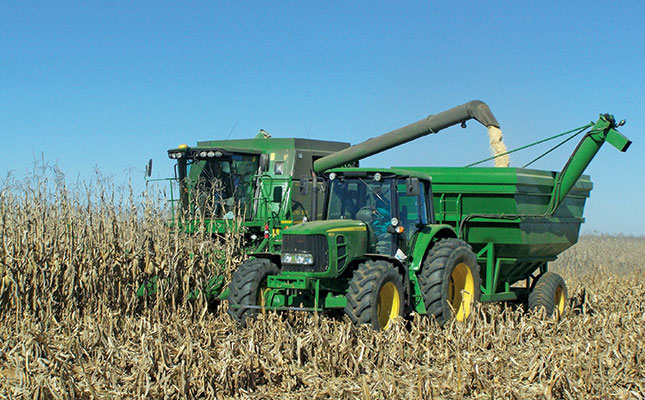
Rising input costs, biosecurity concerns, interest rate hikes, intensified geopolitical risks and ongoing weakness in municipal service delivery are taking their toll on agribusinesses, according to the Agbiz/IDC Agribusiness Confidence Index released on 13 June.
According to the index, agribusiness confidence moderated by two points to 60 in the second quarter of 2022, following a 12-point decline in the first quarter from its second-highest level on record in the fourth quarter of 2021.
Business confidence remained on a sure footing above the 50-point mark, but should not be taken for granted, as there were numerous risks ahead, said Wandile Sihlobo, senior economist at Agbiz. These included rising fuel and input costs, the ongoing war in Ukraine, and COVID-19-related supply chain disruptions.
According to the Agbiz report, the turnover sub-index lifted by seven points to 93, the highest level since the third quarter of 2015, on the back of higher agricultural commodity prices and positive sentiment about the harvest in field crops and horticulture. The net operating income sub-index, however, remained unchanged at 79.
The employment sub-index increased by five points to 64, which was understandable, according to Sihlobo, as the second quarter of the year would be relatively busy, with the harvesting of summer crops and various agricultural products.
The capital investments sub-index increased by six points to 73, signalling tractor and combine harvester sales, which had remained positive for the first five months of the year.
The market share of agribusinesses sub-index fell by five points to 71, while the sub-index measuring the volume of exports sentiment declined by six points to 71. This reflected the expected decline in summer crop and wine grape harvests, as well as the temporary stoppage of livestock product exports due to the outbreak of foot-and-mouth disease.
The general agricultural conditions sub-index fell by six points to 54, with continued rain slightly delaying the harvest in the northern parts of the country. However, delayed rain in the Western Cape for winter crops was probably the main influencers of respondents’ views, Sihlobo said.
The indices for debtor provision for bad debt and financing costs fell by two and 14 points to 43 and 4, respectively. According to Sihlobo, this was favourable and reflected the tail end of farmers’ financial gains of the past two robust seasons, which had enabled them to service their debts. In spite of this, respondents flagged rising input costs and expected interest rate hikes as crucial concerns.
Dawie Maree, head of agriculture information and marketing at FNB, told Farmer’s Weekly that the decline in sentiment had been expected, given the challenges in these business environment. These included poor economic growth, the huge spike in input costs and trade disruptions caused by COVID-19, and the war in Ukraine.
He expected agribusiness confidence to decline even further in the third quarter due to the rise in input costs and the continuation of the Russia-Ukraine conflict. It should, nevertheless, not decline below 50 points.
“Agribusiness is positive at the moment because of the good rain, and the industry is also in the fortunate position of producing a product that is in high demand. People need to eat,” he said.
Maree identified a renewed drop in economic growth and political uncertainty as the main triggers that could push the agribusiness confidence below 50 points.
“South Africa is not seeing the desired 3% to 5% economic growth we would like to see, but we’re fortunately still experiencing growth. Uncertainty over Ramaphosa’s future is another risk.”











